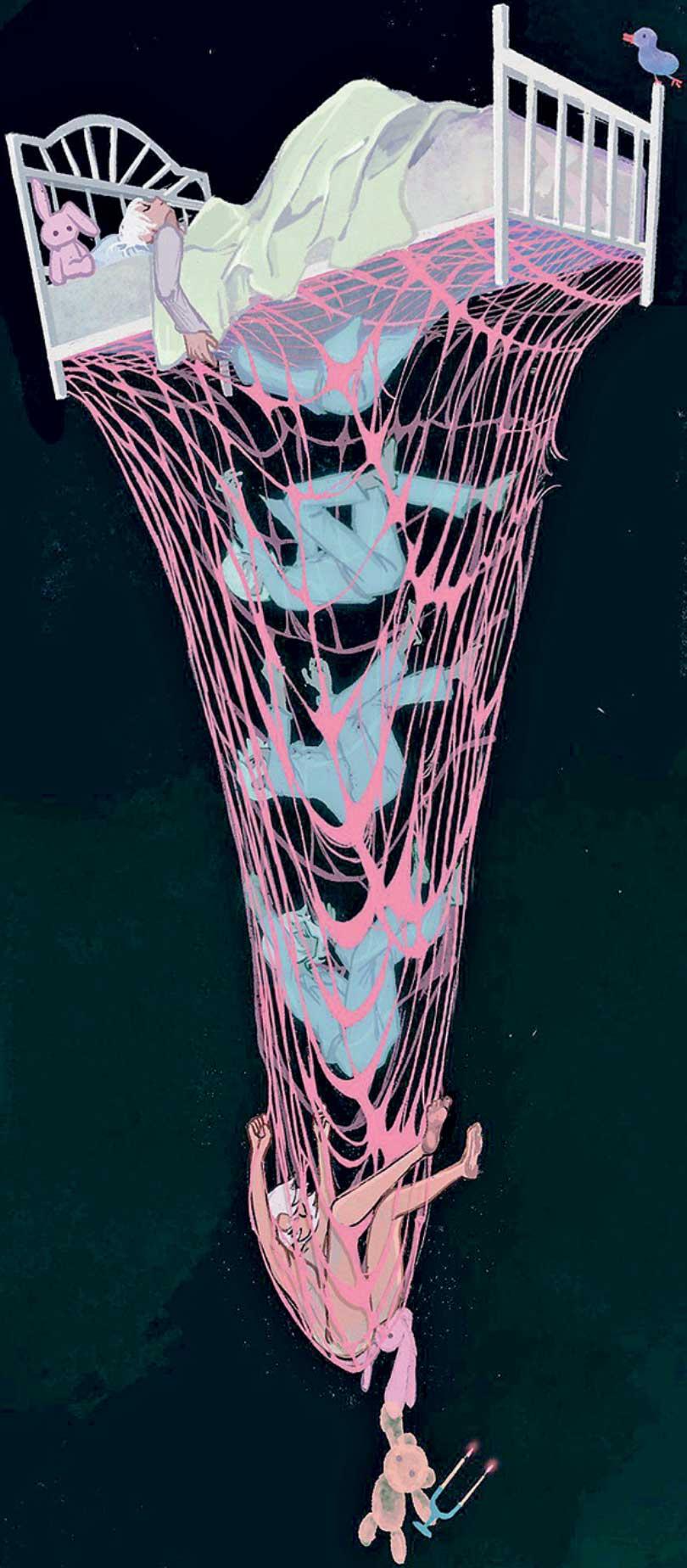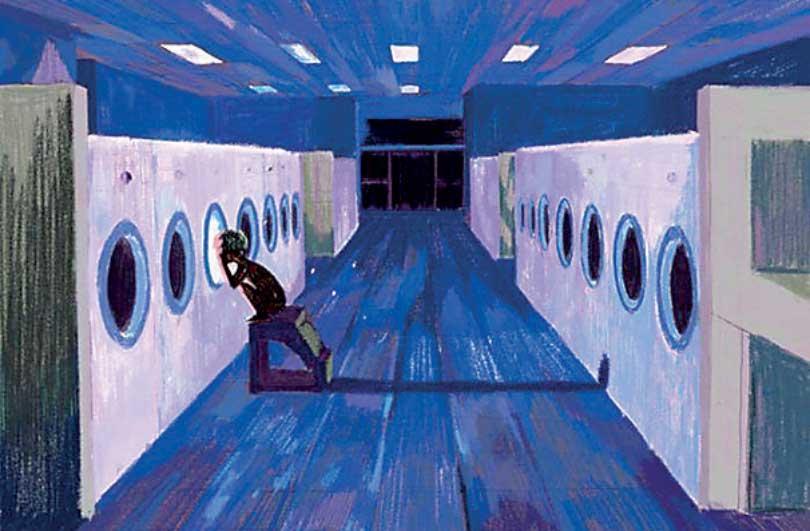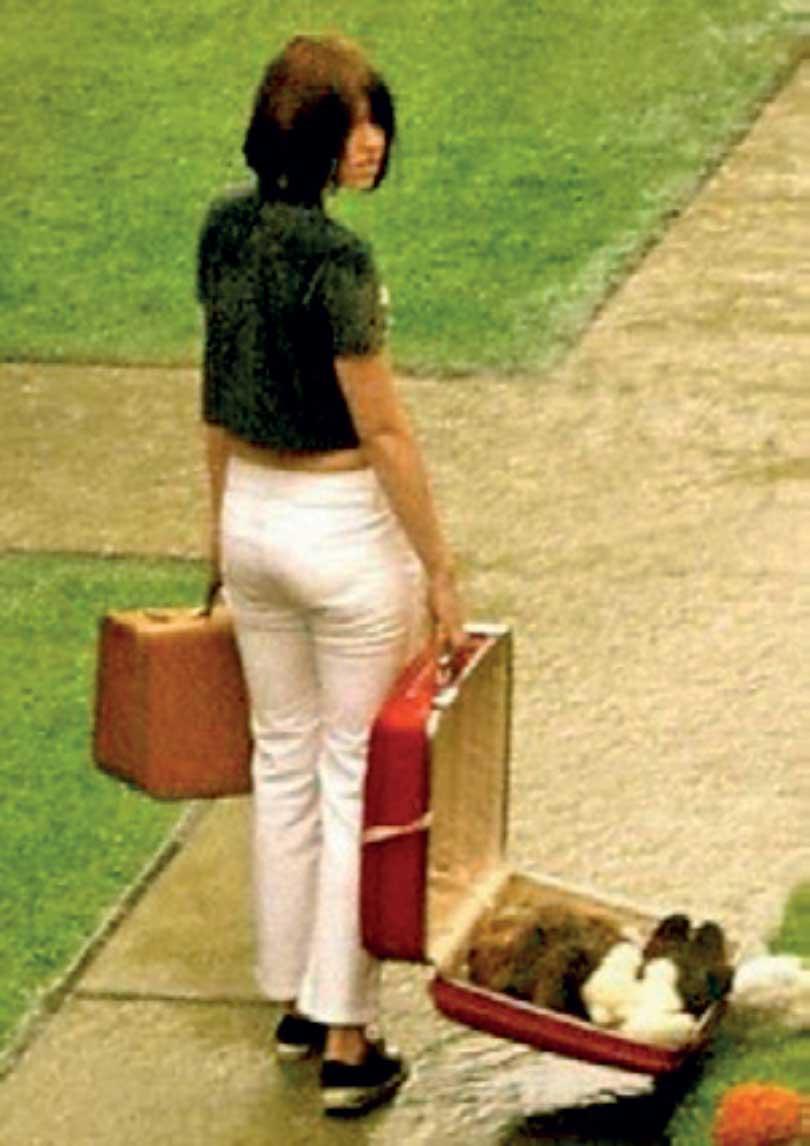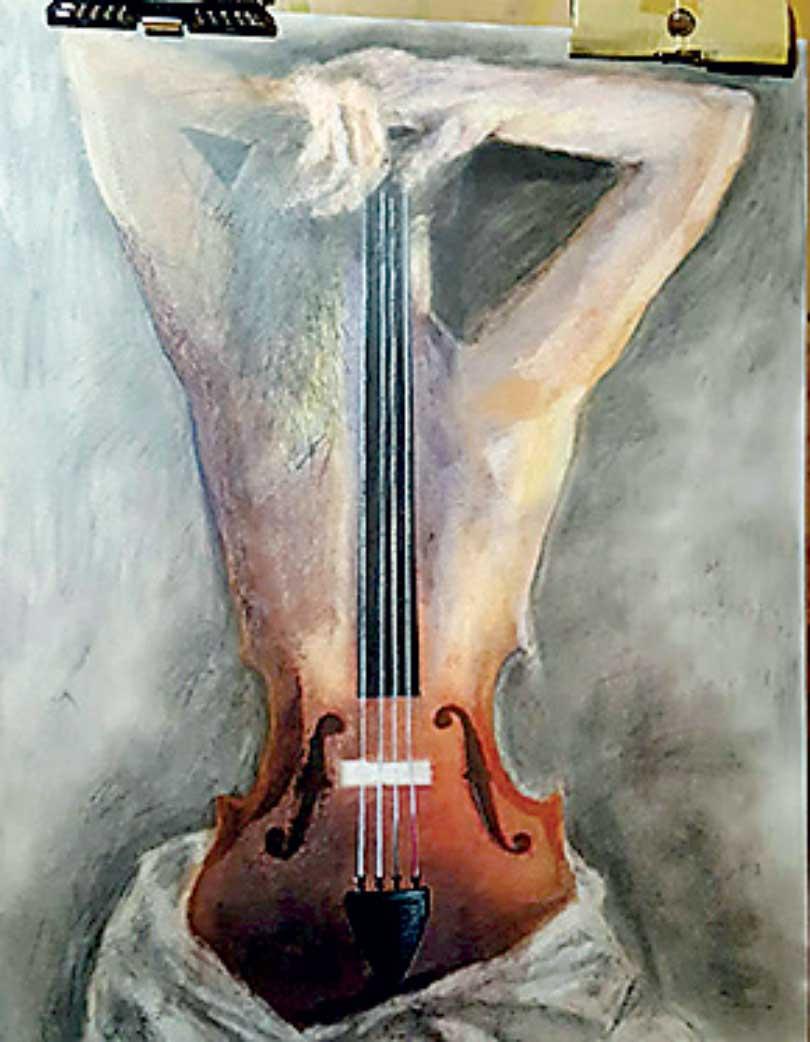

There are seasons when losing yourself happens slowly, almost politely, as if erosion could learn manners. At other times it arrives abruptly, a room going dark before you can locate the switch. For years I believed I was immune to such disappearance. I kept my life orderly, my emotions in neat stacks, my attention guarded like a fragile artifact. I avoided anything that might pull me off course because I feared the cost of distraction. Yet losing yourself is rarely dramatic. It begins with tiny neglects. You break the promises you make to yourself while honoring every promise made to others. You believe you are choosing discipline, but in truth you are choosing to fade. Ten days is all it takes to feel unfamiliar inside your own skin. Ten days is enough to look at your reflection and sense the faint strangeness of a face you no longer inhabit.
You may wonder why self-loss so often seems tied to the people who drift in and out of your life. There is always someone involved, yet the fault is seldom theirs. It happens because, somewhere along the way, you have made yourself unsteady. The compromises, the bending to please, the quiet tolerances that feel harmless in the moment create a small but persistent gap. Others slip through that gap, and you let them. Not because they intend harm, but because dissatisfaction left unguarded becomes an invitation.
Anyone can lose themselves. People say it can be for better or worse, but I have learned that any disappearance is dangerous. You cannot lose yourself in order to become better. You can only lose the softness and wonder that make you who you are. The world will insist otherwise. So will the people who benefit from yourself abandonment. The body keeps a ledger of these betrayals. It notices when you choose validation instead of health. It notices when you silence your intuition or allow anxiety to grow in the corners where honesty once lived.
By your twenties you realize the world you once promised to save feels heavier than expected. As a child you imagined you could mend its broken edges. You wanted to soften its cruelty, cushion its sharpness, create a place where tenderness could exist without apology. Then adulthood arrives, and your greatest challenge is not to repair the world but to survive it. You watch the people around you lose themselves to exhaustion, to confusion, to the versions of themselves the world demands. And gradually you understand the effort required to protect the core of who you are. You realize that your inner world must be guarded if you hope to offer anything meaningful to the outer one.
Eventually it becomes clear that you were never meant to change the world by changing everyone. You were meant to build yourself so deeply that your existence becomes the change. By knowing the worth of your spirit, you influence the world simply by refusing to disappear inside it. I do not claim expertise, nor the authority of a long life. I am twenty-four. Perhaps older adults would laugh at what I say. I only know what it feels like to sense the early tremors of self-loss, and the urgency required to pull myself back from the edge.
Day One

Opening your heart to someone who was never prepared to hold it. This person can be a parent, a friend, a lover or one of those almost relationships that drift around your life like unfinished sentences. You let someone in because connection feels like a birthright. You assume affection will be met with reciprocity, but instead you find yourself doing the emotional labor of someone who has not yet begun to understand themselves. You begin to feel like a burden for wanting basic tenderness. You promise to be less sensitive. You promise to adapt. But giving your heart to someone who cannot carry it does not teach resilience. It simply empties you. It is the quickest way to bruise your whimsy, that delicate and playful part of you that makes life feel bright. Cut the cord before confusion starts to feel like love.
Day Two

Romanticizing potential while ignoring reality. Potential is seductive in its quiet way. It invites you to squint at a person until the version you wish existed becomes sharper than the truth. You tell yourself your boss will change, your friend will follow through, or the person you love will become who they once claimed they wanted to be. You convince yourself that hope is a virtue but hope without evidence becomes self-deception. Potential only matters when it links arms with action and consistency. Otherwise, it is a story you tell yourself to avoid letting go.
Day Three

Shrinking yourself to fit inside someone else’s comfort zone. Shrinking happens in increments. You lower your voice so someone else can feel louder. You silence an opinion so someone else will not feel unsettled. You make yourself smaller because you believe being easy to love requires being less visible. One day you wake up and realize you have learned to take up less space than your spirit needs. That kind of peace is not peace at all. It is suffocation disguised as courtesy.
Day Four
Labeling your intuition as overreaction. There is no betrayal quite like the one you inflict on yourself. You feel a shift in your chest, a subtle tightening, a quiet warning. Something is off. Instead of honoring it, you scold yourself. You insist you are imagining things. Intuition is not drama. It is the body recognizing a pattern long before the mind catches up. When you ignore it, you do not prove strength. You only leave yourself wandering without a lantern. People will say you are confused or overthinking. Perhaps that is true, but it is only true because you spent the last three days ignoring what you already knew.
Day Five

Liking things because other people like them. It begins innocently. You pretend to enjoy a show your friends adore. You follow a trend without asking whether it feels like you. Soon your preferences become a collage of what others find appealing. Shared enthusiasm can be lovely, but when you forget to ask what you genuinely enjoy, you drift from your authentic core.
Real liking is quiet and stubborn. It arrives without applause. It anchors you. This is the moment when your personality starts to shift. The new version of you may even feel like an outsider among the people closest to you.
Day Six
Accepting crumbs because asking for the full meal feels frightening. Settling becomes a reflex. You accept minimal effort because you believe wanting more is demanding. You convince yourself that scraps are better than solitude. But crumbs cannot nourish anyone. There is courage in saying you want the full experience, the full respect, the full tenderness. Sometimes the meal is not unavailable. The problem is that you never believed you were allowed to ask.
Day Seven

Choosing laziness over ambition. Ambition hums inside you even when you pretend not to hear it. But scrolling is easier. Postponing is easier. Living in a haze of almost is easier. Laziness is often fear dressed as comfort, fear of failing, fear of the expectations you carry, fear that your dreams require more than you can give. Ignoring ambition does not make it disappear. It becomes a quiet ache, a heaviness that settles on the years you could have filled with joy. You begin to forget what truly excites you because the roots of happiness have gone untended.
Day Eight

Confusing chaos for passion. Chaos shakes the air. It arrives with heat and disorder. You begin to mistake volatility for meaning, intensity for connection. You convince yourself that love is supposed to scorch, that new habits should hurt, that you are most alive when everything is slightly out of control. You tell yourself the spark fading is normal, that this is how everyone loves, that pain is the price and compromise the currency. You try to be resilient because you think chaos is a requirement rather than a warning. But passion was never meant to demand yourself destruction. A true connection contains both heat and structure. Chaos excites for a moment. Stability is what allows the lungs to loosen. Passion without peace is not romance. It is simply adrenaline.
Day Nine
Choosing validation over wellbeing. Approval is warm and addictive. It touches the ego in places that are difficult to resist. When you bend yourself to earn praise, you feel briefly alive. But validation fades quickly. Wellbeing endures. It feeds you without expectation. When you allow the opinions of others to guide your choices, you abandon your own needs. Worth is not something you earn. It is something you protect.
Day Ten

Forgetting the promises you make to yourself. You promise rest. You promise beginnings. You promise boundaries and risk. Then you postpone everything to a mythical later. Later does not exist. Self-trust is built the same way trust is built with anyone else, through follow through.
Every small promise kept repairs the fragile connection with yourself. Losing yourself begins when your word loses value. Finding yourself begins the moment you honor it again.
In the end, losing yourself is never a single moment. It is accumulation. It is the widening distance that grows each time you silence your intuition or dim your own needs. But returning to yourself is always possible. You return through awareness and honesty and the quiet courage of choosing who you are even when the world urges you to become someone else. You return by keeping promises. You return by trusting your softness. You return by refusing to shrink.
Some people change the world by altering its systems. Others change it by refusing to let the world alter the center of who they are. Holding on to your essence and staying loyal to the truth of your being is more radical than you might imagine. You become your own rescue. You become proof that loss is not final and that finding yourself again is its own form of creation.












